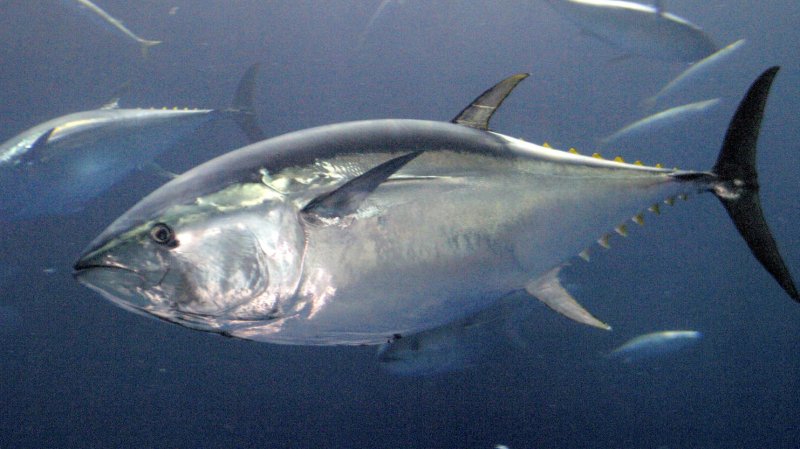PALO ALTO, Calif., May 29 (UPI) -- Researchers said tuna migrating from coastal Japanese waters to the Southern California area contained radioactive isotopes from the Fukushima nuclear disaster.
The level of radioactive cesium isotopes in the migrating Pacific Bluefin tuna is one-10th the level the United States and Japan consider dangerous and does not pose a public-health hazard to people consuming tuna, Stanford University researchers said Tuesday.















